Health
Fake Botox claims, puberty blocker dangers and more led top Health news this week

Fox News Digital publishes an array of health pieces all week long to keep you in the know on a range of wellness topics: health care access, innovative surgeries, cancer research, mental health trends and more — plus, personal stories of people and families overcoming great obstacles.
This weekend, check out some of the top stories of the week in Health that you may have missed, or have been meaning to check out — all to get you prepped for the week ahead.
CLICK HERE TO SIGN UP FOR OUR HEALTH NEWSLETTER
These are just a few of what’s new, of course. There are many more to see at http://www.foxnews/health.
Dive into this selection here.
CDC investigates reports of fake Botox
The U.S. Centers for Disease Control and Prevention (CDC) announced on Friday that it is investigating reports of “a few botulism-like illnesses” resulting from counterfeit Botox injections in several states. Doctors shared cautionary tales. Click here to get the story.
The CDC said it is investigating reports of “a few botulism-like illnesses in several states resulting from botulinum toxin injections (commonly called ‘Botox’) administered in non-medical settings,” the agency said in a statement. (iStock)
‘Revolutionary’ AR surgery performed in Chile
The first-ever augmented reality (AR) abdominal surgery was performed on March 11 in Santiago, Chile, by Dr. Alberto Rodriguez.
Fox News Digital spoke with the surgeon about how the technology is benefiting patients and medical staff. Click here to get the story.
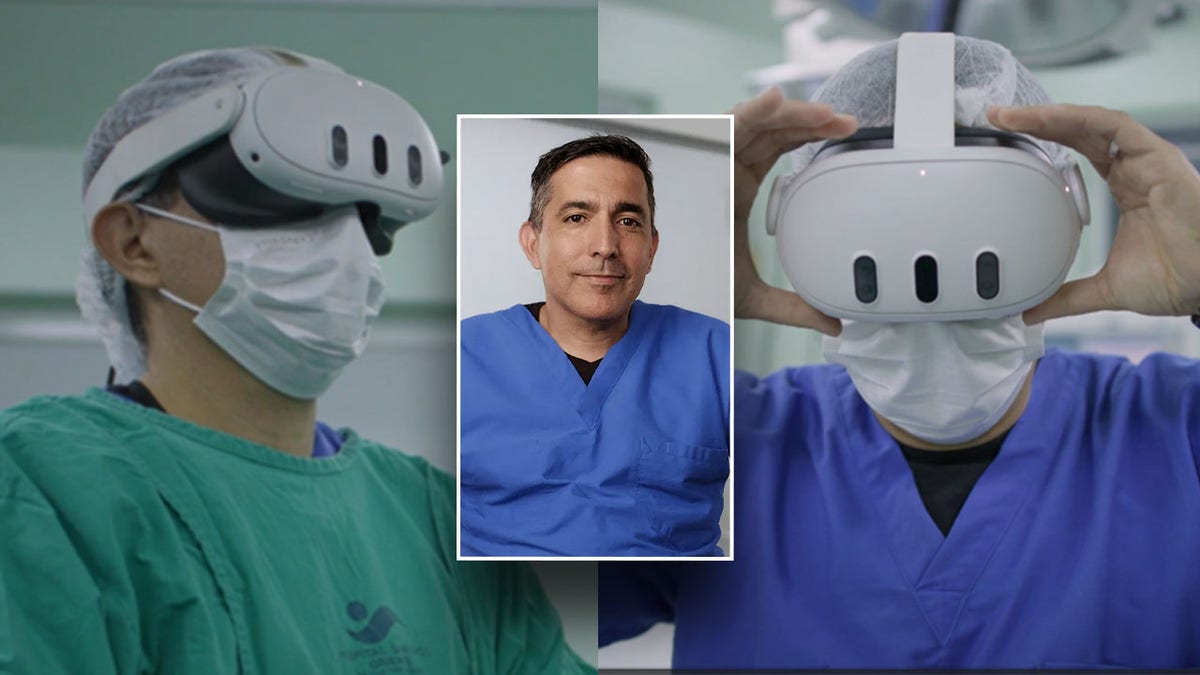
“It’s super rewarding to see it and feel it,” Dr. Alberto Rodriguez said about his first AR surgery — he’s pictured here. He also told Fox News Digital, “You have more immersion in the surgery, so you are more focused on what you’re doing.” (Levita Magnetics)
Tips to combat retirement loneliness
For some older adults, the retirement years are more blue than golden.
Experts weighed in on the dangers of isolation and shared tips for preventing seniors’ sadness. Click here to get the story.

More than a third of older adults said they feel lonely at least once a week, according to the University of Michigan’s National Poll on Healthy Aging. (iStock)
Can Alzheimer’s be reversed?
Some experts believe lifestyle changes can slow or stop symptoms.
Amid startling new stats on dementia deaths, a leading expert in Alzheimer’s care shared her unique approach. Click here to get the story.

Many of the available medications to reduce symptoms are most effective when started early in the course of Alzheimer’s disease, said one expert. (iStock)
Cancer rates among the young are rising for a startling reason
A phenomenon called “accelerated aging” could be a factor in rising cancer diagnoses among those under 55.
Doctors and researchers discuss the study and its ramifications. Click here to get the story.

The new study found that those with a higher biological age had a 42% increased risk of early-onset lung cancer, were 22% more prone to early-onset gastrointestinal cancer — and had a 36% higher risk for early-onset uterine cancer. (iStock)
Study finds link between two cancers
Women with breast cancer who have received chemotherapy could be at an increased risk of developing lung cancer.
Fox News Digital detailed the new study and shared expert opinions on the potential link. Click here to get the story.

A new study has found that women with breast cancer who have received chemotherapy could be at an increased risk of developing lung cancer. (iStock)
Puberty blockers could be irreversible, study suggests
Puberty blockers have been shown to cause long-term fertility problems in boys, according to a preprint study from Mayo Clinic.
Dr. Marc Siegel of New York, a Fox News medical contributor, and Dr. Brett Osborn, a Florida-based neurosurgeon and longevity expert, offered input on the “disturbing” results. Click here to get the story.
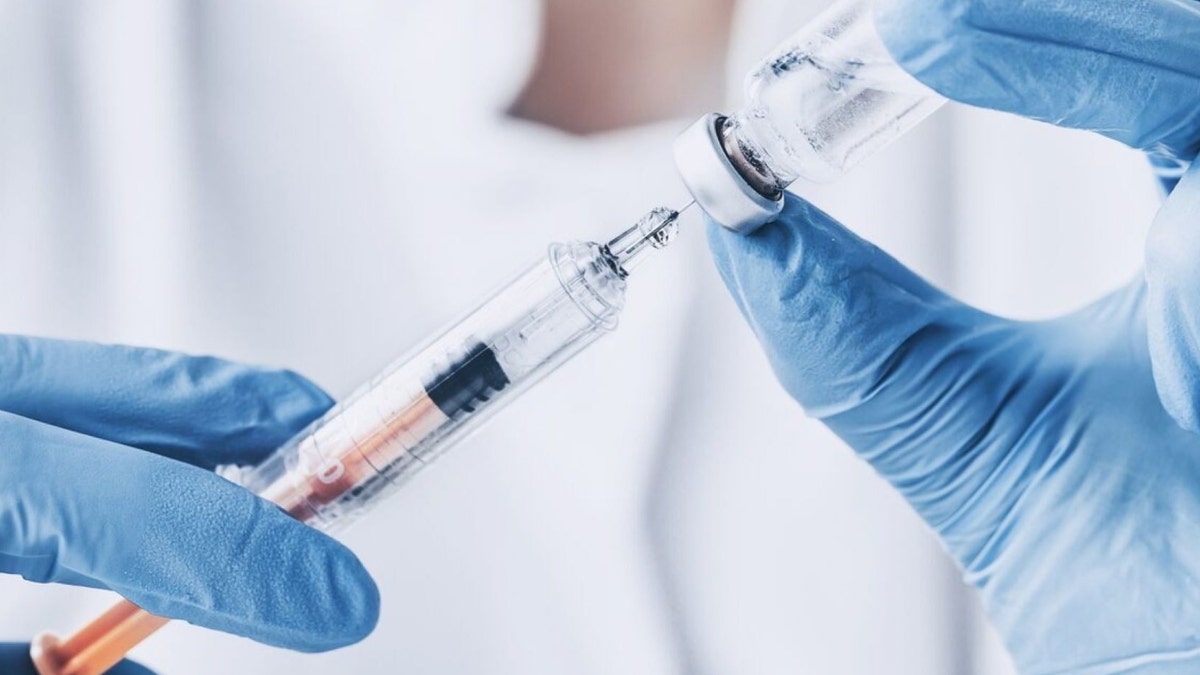
In the majority of cases, hormonal interventions should be delayed until an older age, said one physician. (iStock)
For more Health articles, visit www.foxnews.com/health.

Health
8 important health stories to know about in case you missed them

Fox News Digital publishes a range of health and wellness pieces all week long to keep you in the know.
Health coverage includes articles on new medications, mental health challenges, groundbreaking resources, personal medical stories and more.
In case you missed them as the weekend winds down and you gear up for a week ahead, here are few of our biggest health stories from this week.
CLICK HERE TO SIGN UP FOR OUR HEALTH NEWSLETTER
These are just a few of what’s new, of course.
See a full list of recent health pieces at http://www.foxnews/health.
1. Anger can spike heart attack risk
Feeling angry for as little as eight minutes a day could raise your chances of experiencing a cardiac event, according to a study published in the Journal of the American Heart Association. A cardiologist shares 7 strategies to cope with anger and reduce the risk. Click here to get the story.
Feeling angry for as little as eight minutes a day could raise your chances of experiencing a cardiac event, according to a new study. (iStock)
2. Eating this fruit could reduce diabetes risk
Regularly consuming avocados could be helpful when it comes to avoiding diabetes, according to a study published in the Journal of the Academy of Nutrition and Dietetics. Nutritionists weigh in. Click here to get the story.

Diabetes-reducing effects were observed in female study participants — but the same benefits were not found in men, per this research. (iStock)
3. High E. coli found in raw meats and dog food
Researchers discovered high levels of antibiotic-resistant E. coli in samples of raw beef, chicken, pork and lamb sold at grocery stores and pet stores. Experts indicate whether people should be concerned. Click here to get the story.
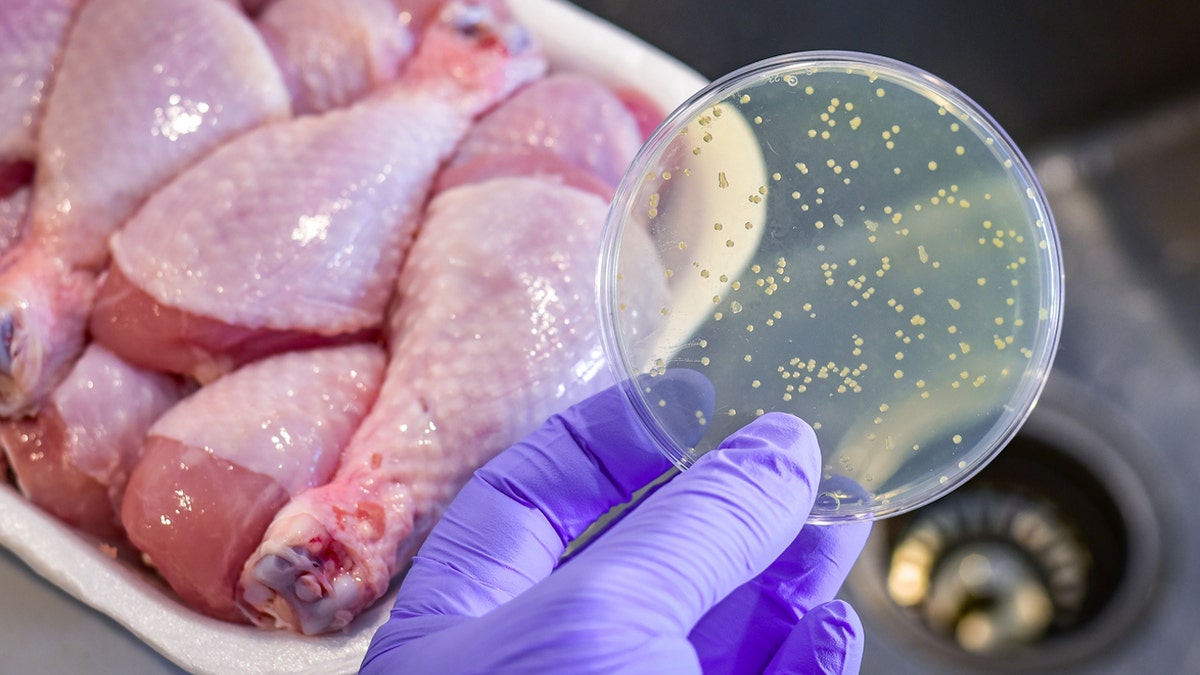
“E. coli is an intestinal bacterium that may propagate in cows and chickens used for meat, especially when they are raised in squalor or close together.” (iStock)
4. Texas cats die after drinking bird flu-contaminated milk
A group of cats who were given raw milk from diseased cows died between March 19 and March 20, according to a CDC report. Experts discuss how this highlights the importance of safe practices. Click here to get the story.

A cluster of cats on a Texas dairy farm (not pictured) died after drinking raw milk from dairy cows affected by bird flu, according to a CDC report. (iStock)
5. Caregiver stress can be reduced
Caring for an aging parent and a child at the same time can bring plenty of extra challenges. Experts share stress-reducing strategies for members of the “sandwich generation.” Click here to get the story.

For members of the so-called “sandwich generation,” doing double-duty caregiving can take a toll, experts say. (iStock)
6. Mammogram guidance is updated
Women should get mammograms every other year starting at age 40, according to updated recommendations from the U.S. Preventive Services Task Force (USPSTF). The previous guidance said women should begin biennial mammograms at age 50. Click here to get the story.
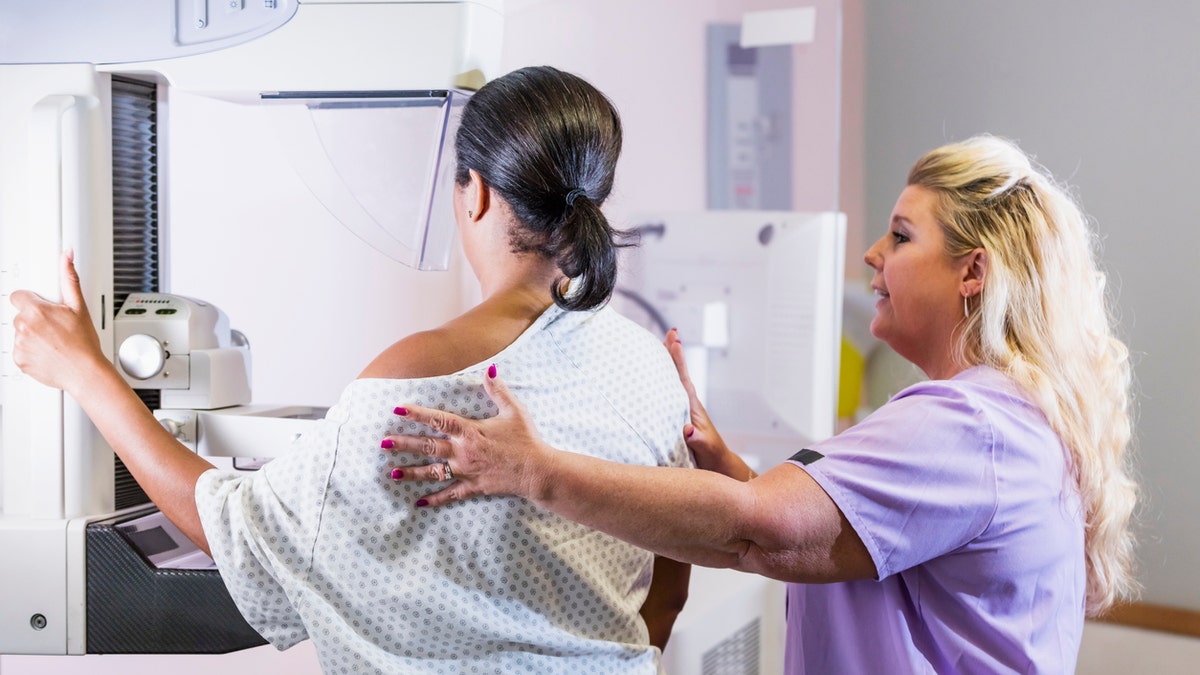
Breast cancer is the second leading cause of cancer death in women, according to the American Cancer Society. (iStock)
7. Common nutrient can boost cancer immunity
Eating a diet rich in one vitamin has been shown to improve responses to immunotherapy and reduce tumor growth. Nutritionists explain the benefits. Click here to get the story.
8. Earbuds could be a health hazard
“Noise-canceling earbuds may bring welcome silence, but they might also mask vital sounds that could save your life,” an expert warns. Here’s how to use the technology safely. Click here to get the story.

Each week, Fox News Digital publishes a range of health and wellness pieces to keep you in the know — eight key stories are highlighted in this article. (iStock)
For more Health articles, visit www.foxnews.com/health.
Health
Find Yourself Waking up Dizzy? This Is What Doctors Want Women Over 50 To Know

Sign Up
Create a free account to access exclusive content, play games, solve puzzles, test your pop-culture knowledge and receive special offers.
Already have an account? Login
Forgot your password?
Get back to the Sign In
Use left and right arrow keys to navigate between menu items.
Use escape to exit the menu.
Health
Pregnancy-related deaths back down to pre-pandemic levels, CDC data says
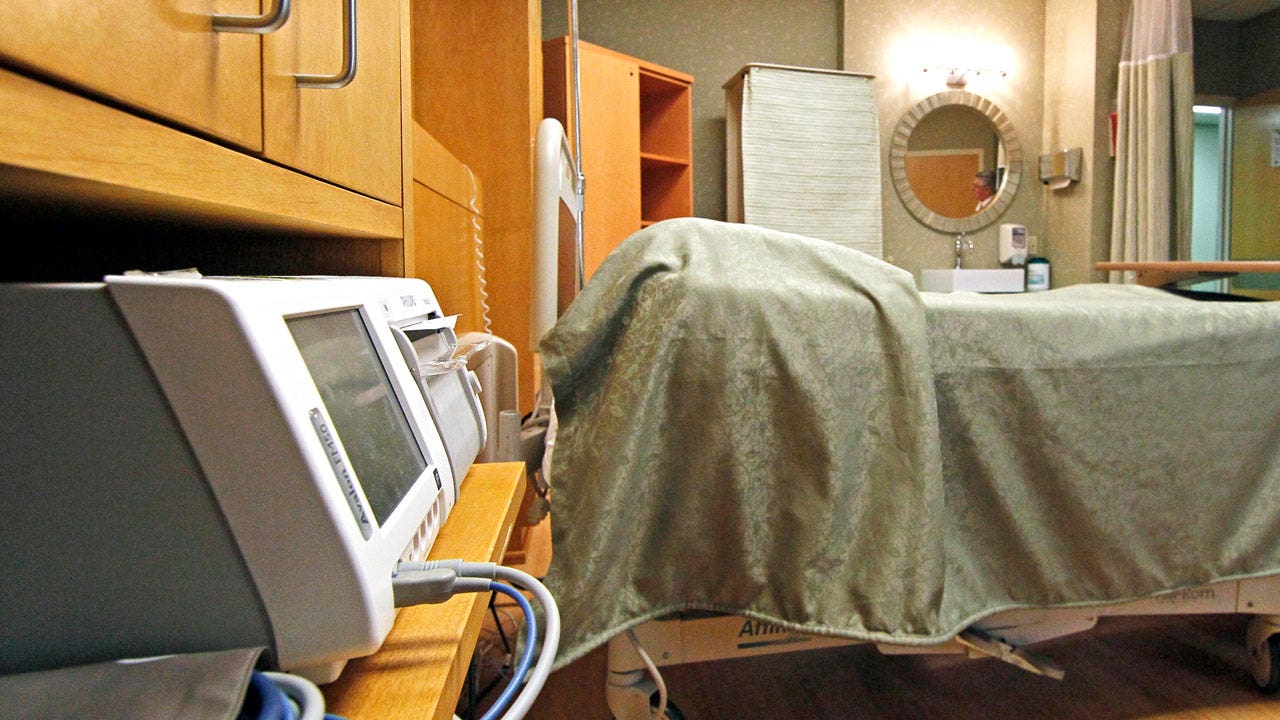
U.S. pregnancy-related deaths have fallen back to pre-pandemic levels, new government data suggests.
About 680 women died last year during pregnancy or shortly after childbirth, according to provisional CDC data. That’s down from 817 deaths in 2022 and 1,205 in 2021, when it was the highest level in more than 50 years.
COVID-19 seems to be the main explanation for the improvement, said Donna Hoyert, a Centers for Disease Control and Prevention maternal mortality researcher.
US BIRTHS SAW NOTABLE DECREASE IN 2023, MARKING END TO LATE PANDEMIC REBOUND, EXPERTS SAY
The coronavirus can be particularly dangerous to pregnant women. And, in the worst days of the pandemic, burned out physicians may have added to the risk by ignoring pregnant women’s worries, experts say.
Fewer death certificates are mentioning COVID-19 as a contributor to pregnancy-related deaths. The count was over 400 in 2021 but fewer than 10 last year, Hoyert said.
The agency on Thursday released a report detailing the final maternal mortality data for 2022. It also recently released provisional data for 2023. Those numbers are expected to change after further analysis — the final 2022 number was 11% higher than the provisional one. Still, 2023 is expected to end up down from 2022, Hoyert said.
A room in a Mississippi hospital maternity ward is seen on Oct. 11, 2012. In 2023, U.S. pregnancy-related deaths fell back to pre-pandemic levels, according to data released by the Centers for Disease Control and Prevention on May 2, 2024. (AP Photo/Rogelio V. Solis, File)
The CDC counts women who die while pregnant, during childbirth and up to 42 days after birth from conditions considered related to pregnancy. Excessive bleeding, blood vessel blockages and infections are leading causes.
There were about 19 maternal deaths for every 100,000 live births in 2023, according to the provisional data. That’s in line with rates seen in 2018 and 2019.
But racial disparities remain: The death rate in Black moms is more than two-and-a-half times higher than that of white and Hispanic mothers.
“In the last five years we’ve really not improved on lowering the maternal death rate in our country, so there’s still a lot of work to do,” said Ashley Stoneburner, the March of Dimes’ director of applied research and analytics.
The advocacy organization this week kicked off an education campaign to get more pregnant women to consider taking low-dose aspirin if they are at risk of preeclempsia — a high blood pressure disorder that can harm both the mother and baby.
There are other efforts that may be helping to lower deaths and lingering health problems related to pregnancy, including stepped-up efforts to fight infections and address blood loss, said Dr. Laura Riley, a New York City-based obstetrician who handles high-risk pregnancies.
But there’s a risk that those kinds of improvements are being offset by a number of factors that may reduce the ability of women to get medical care before, during and after a birth, she said. Experts say the list includes the closure of rural hospitals and a 2022 U.S. Supreme Court decision that did away with the federally established right to abortion — and contributed to physician burnout by causing doctors to feel constrained about providing care during pregnancy-related medical emergencies.
“I think there’s good news. We’re making strides in certain areas,” said Riley, head OB-GYN at Weill Cornell Medicine. “But the bad news and scary news is … there are these other political and social forces that make this (reducing maternal deaths) difficult.”
-

 World1 week ago
World1 week agoEU Parliament leaders recall term's highs and lows at last sitting
-

 Politics1 week ago
Politics1 week agoGOP lawmakers demand major donors pull funding from Columbia over 'antisemitic incidents'
-

 World1 week ago
World1 week agoHamas ‘serious’ about captives’ release but not without Gaza ceasefire
-

 Tennessee1 week ago
Tennessee1 week agoHow to buy JC Latham’s Tennessee Titans jersey after 2024 NFL Draft selection
-

 Politics1 week ago
Politics1 week agoColumbia University’s policy-making senate votes for resolution calling to investigate school’s leadership
-

 News1 week ago
News1 week agoBoth sides prepare as Florida's six-week abortion ban is set to take effect Wednesday
-

 Michigan1 week ago
Michigan1 week agoMichigan State football adds DT Brandon Lane from Stephen F. Austin
-

 Politics6 days ago
Politics6 days agoHouse Republicans brace for spring legislative sprint with one less GOP vote















